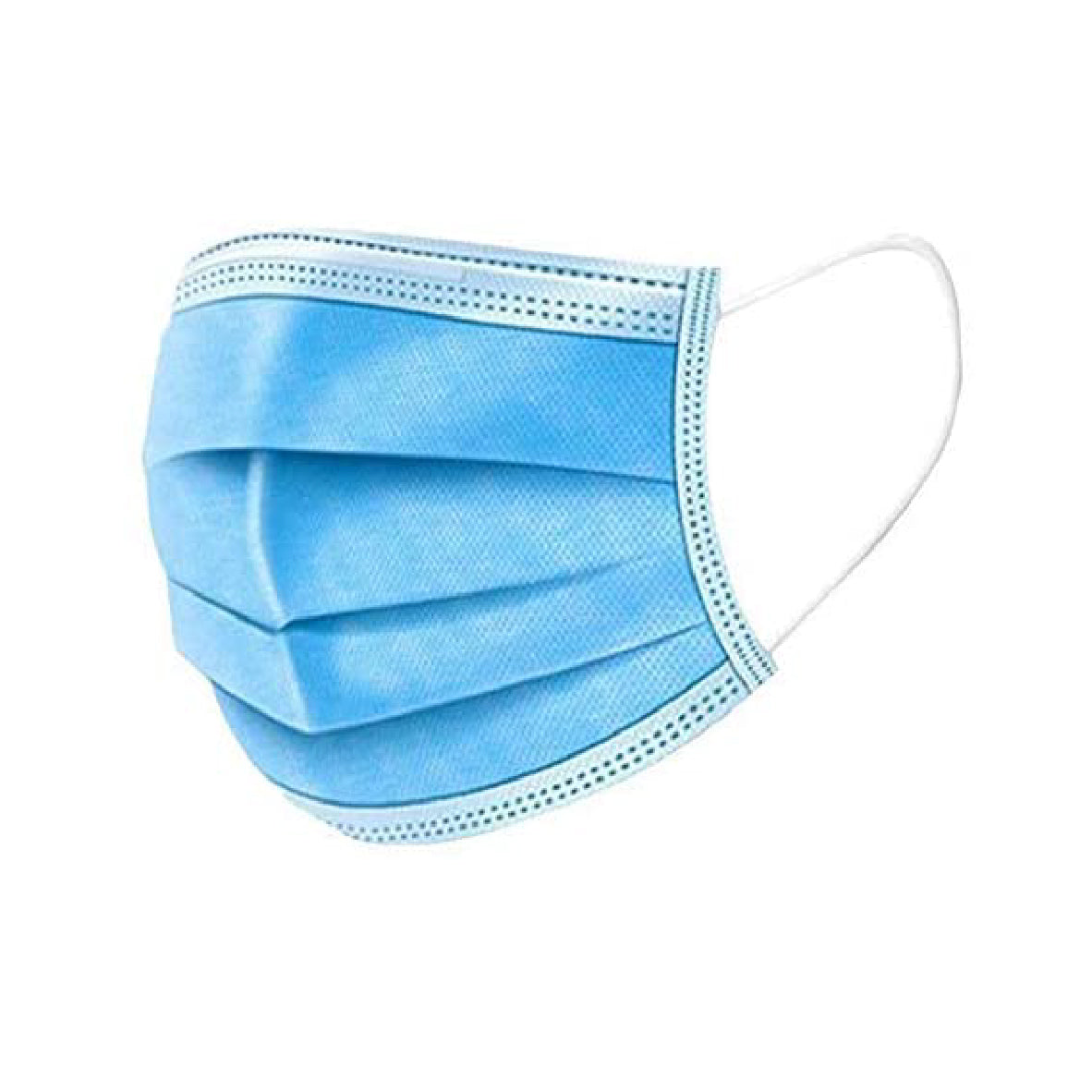Firstly, it’s important to note that a diabetic diet is not a one-size-fits-all solution. The best diet for a diabetic patient will depend on a variety of factors, including the type of diabetes they have, their weight, age, and activity level. However, some general guidelines can help create a healthy diabetic diet.
One of the most important things to consider is carbohydrate intake. Carbs are broken down into glucose, which is then absorbed into the bloodstream, causing blood sugar levels to rise. For diabetic patients, it’s important to limit carb intake to help manage blood sugar levels. This can be achieved by choosing low-carb foods, such as vegetables, lean proteins, and healthy fats.
Another important consideration is fibre intake. Fibre is a type of carb that is not broken down into glucose and does not raise blood sugar levels. In fact, fibre can actually help lower blood sugar levels by slowing down the absorption of glucose. Foods high in fibre include fruits, vegetables, whole grains, and legumes.
In addition to carb and fibre intake, it’s also important to consider the glycemic index (GI) of foods. The GI is a measure of how quickly a food raises blood sugar levels. Foods with a high GI are quickly absorbed and can cause a spike in blood sugar levels, while foods with a low GI are slowly absorbed and can help manage blood sugar levels.
Some examples of healthy food choices for diabetic patients include:
Vegetables: non-starchy vegetables like leafy greens, broccoli, and bell peppers are low in carbs and high in fibre and vitamins. Starchy vegetables like sweet potatoes and corn can be consumed in moderation.
Fruits: fruits like berries, citrus fruits, and apples are high in fibre and antioxidants. Avoid fruit juices and dried fruits, as they are high in sugar.
Proteins: lean proteins like chicken, fish, and tofu can help regulate blood sugar levels and provide essential amino acids.
Healthy fats: foods high in healthy fats like avocado, nuts, and seeds can help lower cholesterol and improve heart health.
Whole grains: whole grains like brown rice, quinoa, and whole-wheat bread can provide fibre and nutrients, but should be consumed in moderation.
It’s also important to limit or avoid foods that are high in added sugars, saturated fats, and sodium. These include:
Sugary drinks: avoid soda, sports drinks, and sweet tea, as they are high in added sugars.
Refined grains: avoid refined grains like white bread, sugary cereals, and processed snacks.
Processed meats: avoid processed meats like hot dogs, sausages, and bacon, as they are high in saturated fats and sodium.
Fried foods: avoid fried foods like french fries, fried chicken, and doughnuts, as they are high in saturated fats and calories.
 Pazionmedia.com Pazion Media l Latest News l Politics l Sports l Entertainment
Pazionmedia.com Pazion Media l Latest News l Politics l Sports l Entertainment



